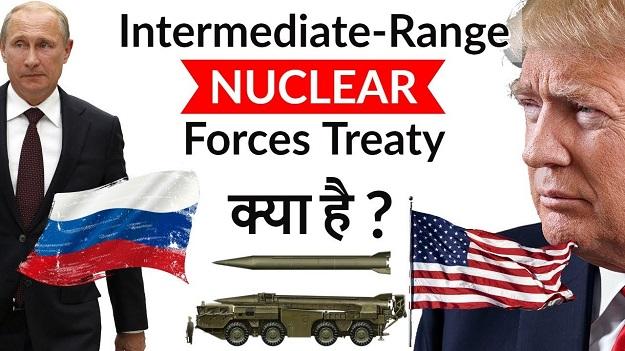Table of Contents

What has happened?
- With six weeks remaining until he leaves the White House,
- US President Donald Trump is considering preemptively pardoning
- His close ally and lawyer Rudy Guiliani, three of his children – Donald Trump Jr., Eric Trump and Ivanka Trump – and his son-in-law Jared Kushner.
What is presidential pardon?
- All presidents of the United States have the constitutional right to pardon or commute the sentence of people who have broken federal laws.
- The US’ Supreme Court had held that this power is “granted without limit” and cannot be restricted by Congress.
- The President has the power to pardon individuals for nearly any crime committed in the country.
- He is not answerable for his pardons, and does not even have to provide a reason for issuing one.
Any limitations?
- There are a few limitations.
- The President cannot issue a pardon in the case of impeachment of officials.
- Article II, Section 2 of the United States’ Constitution says that all presidents “shall have Power to grant Reprieves and Pardons for Offenses against the United States, except in Cases of Impeachment”.
- Further, the power only applies to federal crimes and not state crimes.
- Therefore, even if he were somehow pardoned, President Trump would still have to face state investigations into his finances and business dealings.
- Earlier this year, he commuted the prison sentence of his long-time ally Roger Stone, who was convicted of lying to Congress and witness tampering in 2019.
What is “preemptive pardon”?
- Unlike regular pardons, which extend to those who have already been charged or convicted, a preemptive or
- It would apply to persons who have already committed criminal acts but are yet to be charged for them.
- Such a pardon is permitted under the US law, as affirmed by the country’s Supreme Court in its 1866 decision
- Also, like a regular pardon, a preemptive pardon would cover only federal offences, and would not provide cover from prosecutions under state laws.
- However, since the exercise of this power has been rare, legal experts are divided as to whether or not the President would have to describe in detail the offences for which a prospective pardon is being issued.
- While granting regular pardons, the President is obliged to specify for what crimes the clemency is being extended.
Why Trump is considering granting these special pardons?
- The key reason why Trump is considering this rare type of clemency for close allies and family members is because of his fear that,
- A Biden administration would bring charges against them once it comes to power on January 20, 2021.
- Trump’s eldest child and namesake, Donald Trump Jr., was under the scanner in the Russian election interference probe carried out by Special Counsel Robert Mueller.
- Jared Kushner, Trump’s son-in-law and close adviser, was given a high-level security clearance by the President,
- Despite him providing false information to federal authorities about his foreign contacts.
- Rudy Giuliani, the former New York City mayor and ardent Trump supporter, was reportedly being investigated earlier this year by federal prosecutors in Manhattan,
- For his role in the Ukraine scandal– which had led to the impeachment of President Trump by the US House of Representatives in December 2019.
- The possible crimes for which a pardon may be granted to the other two Trump children–Eric and Ivanka– were still unclear
Have such pardons been granted in the past?
- It has been granted at rare but pivotal moments.
- The first such clemency came in the 1790s during the tenure of the first US President, George Washington, when the American founding leader granted prospective pardons to the instigators of the Whiskey uprising–
- An armed rebellion started by farmers and brewers in Pennsylvania against the payment of a so-called “Whiskey tax” to the US government.
- The second widely cited example came almost two centuries later, when President Richard Nixon was pardoned in 1974 by his successor Gerald Ford,
- Who absolved the former of all acts he had taken during his tenure, thus covering his role in the Watergate Scandal.
- Although the move was highly criticised, the argument offered by Ford then was that the country should not have to witness a former President being prosecuted in federal court.
- The use of this power by Trump to save his close allies, however, would stand in contrast with previous examples, where the stated objective was national unification.
- Experts say that prospective pardons for Trump’s family members and allies, which only benefit the President personally, could lead to a political backlash against Republicans.
Latest Burning Issues | Free PDF






















 WhatsApp
WhatsApp